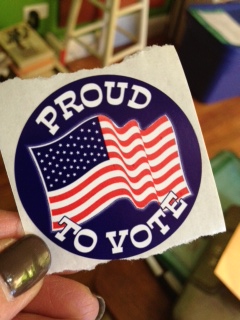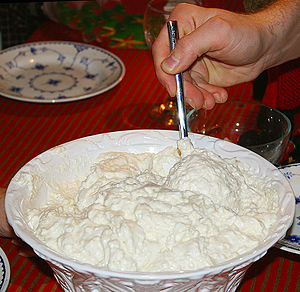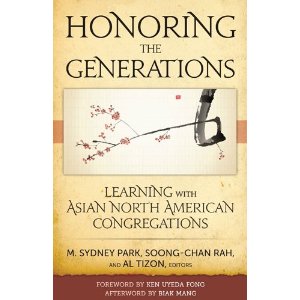By the time I finish editing this post, the name of the third victim killed in the Boston Marathon bombing will be making its way around the interwebs. Look at how the news media writes about her, her country. Please take a look at the comments on those stories. Maybe you will be surprised. I’m hoping to be surprised by our humanity, but so far not so much.
Because in times like these, we are actually not all Americans. Tragedy, despite what newscasters might have us believe, can often be quite divisive. I’m well aware of the many random acts of kindness, and how Bostonians literally opened up their homes and shared their resources. But when you heard about the bombing, did you think, even for a moment, “I hope the perp isn’t (fill in the blank with your choice of race, ethnicity, citizenship, etc.).”? I did. Remember Virginia Tech. That was only six years ago. The South Korean government apologized on the shooter’s behalf.
In times like these, the “other” is always to blame. Don’t forget the erroneous reports about a Saudi national being held for questioning. Unless you are an American, and dare I say look “American”, your involvement, your presence may be called into question. There were plenty of people on the scene that looked like Timothy McVeigh or Terry Nichols. One comment on a news article read: “…we have enough problems without involving the Chinese.”
But the Chinese are involved. In fact, the world is involved. As far as I know, the Boston Marathon draws an international running community together. And she was there to watch, just like thousands of other fellow human beings.
She was a Chinese graduate student at Boston University, not much older than my own daughter, and very much like many of the college and university students I interact with through my work with InterVarsity Christian Fellowship. In fact, before turning on the news I knew through Facebook this young woman had attended an InterVarsity graduate student fall conference. She had friends. She had a roommate. She was known. And she was loved.
This morning I heard a talking head on the television say that her name had not yet been released because her parents had not yet told her grandparents. Her parents were concerned the grandparents would not be able to handle the news.
In a culture like ours, where free speech and an individual’s right to bear arms like a battalion headed into war are sacred, where news and misinformation are often confused for one another, where the news cycle never stops on any front, it may seem odd to want to keep such important, personal, yet devastating news from loved ones when people are wondering “who is the third victim”. But for Eastern culture, familial ties run deep and are visceral. Perhaps it is because we in America expect to see a grieving loved one bravely face the cameras or give the media a quote or statement. We respect the grief, but we want to be allowed to be a part of it. But for this young woman’s family, the grief might just physically overcome the grandparents. Or perhaps, her activities here could call her entire family into question under a government in a culture that seems so unlike “ours”.
We may never know all of the details of her life, but that shouldn’t make her less human, less a victim, less important. I do not know if she and I shared a faith in Jesus, but in times like these I don’t care whether or not she was an American. She was my sister, bearing the image of God just as the unnamed Saudi national, Martin Richard and Krystle Campbell.
May the Lord have mercy on us all.


 It has been raining since 11 a.m. There are only a few days of summer vacation left for the kids, but I couldn’t be happier we are “stuck” indoors because of the storm clouds.
It has been raining since 11 a.m. There are only a few days of summer vacation left for the kids, but I couldn’t be happier we are “stuck” indoors because of the storm clouds. And then that wonder turns into a hint of longing for what was once familiar, and that is exactly what happened for me as I read Honoring the Generations:Learning with Asian North American Congregations (M. Sydney Park, Soong-Chan Rah, and Al Tizon, editors; Judson Press 2012).
And then that wonder turns into a hint of longing for what was once familiar, and that is exactly what happened for me as I read Honoring the Generations:Learning with Asian North American Congregations (M. Sydney Park, Soong-Chan Rah, and Al Tizon, editors; Judson Press 2012).
